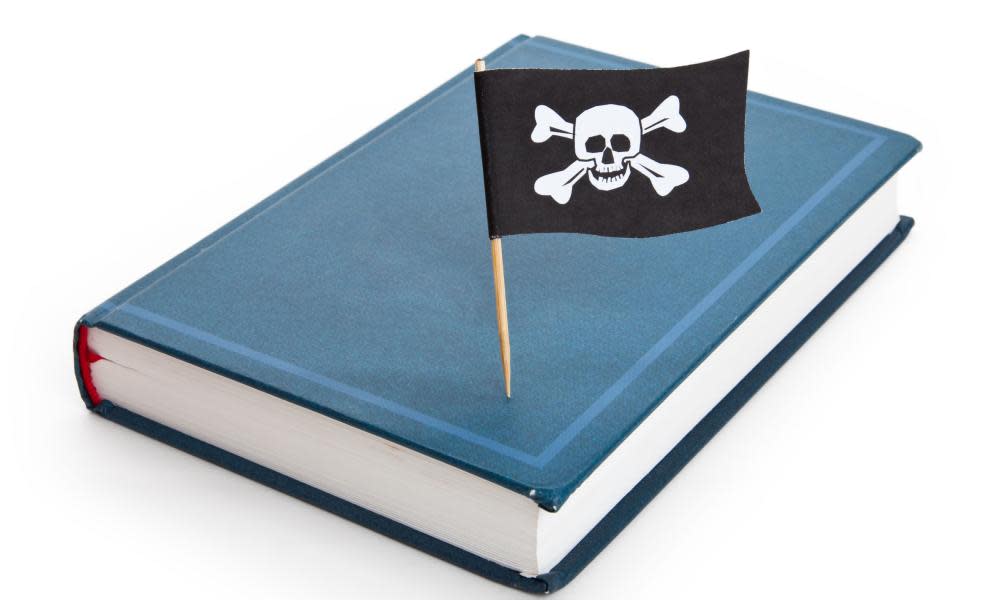Internet Archive accused of using Covid-19 as 'an excuse for piracy'

The Internet Archive has launched a “National Emergency Library”, making 1.4m books available free online – but has been accused of “hitting authors when they’re down” by denying them sales of books that are still in copyright.
Founded in 1996 to archive web pages, the IA began digitising books in 2005. It has long been at loggerheads with writers’ organisations who have accused it of uploading books that are not in the public domain, and denying authors potential income from sales and public library borrowing.
On 24 March, the IA announced it was suspending waitlists, meaning it can lend books to anyone in the world at the same time – instead of the one-in, one-out ebook borrowing system used by most public libraries. The move was pitched as addressing “our unprecedented global and immediate need for access to reading and research material” during the Covid-19 outbreak.
On Monday morning, in-copyright titles that can now be read for free online include novels by JK Rowling, George RR Martin, Stephen King, Hilary Mantel and Neil Gaiman.
Several authors condemned the decision, including Pulitzer-winner Colson Whitehead, who tweeted: “They scan books illegally and put them online. It’s not a library.”
In a fiery statement, the Authors Guild in the US called the decision appalling and said it was “shocked that the IA would use the Covid-19 epidemic as an excuse to push copyright law further out to the edges, and in doing so, harm authors, many of whom are already struggling”. Writers around the world have faced cancelled book tours and loss of freelance work during the crisis, while many bookshops have been forced to close.
The Authors Guild said that the IA has “no rights whatsoever to these books” and accused it of “using a global crisis to advance a copyright ideology that violates current federal law and hurts most authors. It has misrepresented the nature and legality of the project through a deceptive publicity campaign.”
Authors Guild president Douglas Preston said: “It’s as though they looted a bookstore and started handing away books to passersby. They are hurting authors and bookstores at a time when they can least bear it.”
At the UK’s Society of Authors, chief executive Nicola Solomon called the move “disgraceful” and said she would be meeting with ministers to discuss how to stop what she described as “piracy, pure and simple”.
The National Emergency Library will remain available until 30 June or the end of the US national emergency, whichever is later. “The library system, because of our national emergency, is coming to aid those that are forced to learn at home,” said Brewster Kahle, digital librarian of the IA. “This was our dream for the original internet coming to life: the library at everyone’s fingertips.”
The IA is a signatory to the position statement on controlled digital lending, which argues that fair use allows libraries to digitise a book and lend it to its members, provided it lends only the number of copies it owned before digitisation. But the lifting of waitlists means that any number of copies of digitised titles can now be lent out by the IA.
The IA says that support for suspending waitlists “has been broad across the library and educational communities”, with a host of libraries backing it.
“We recognise that authors and publishers are going to be impacted by this global pandemic as well. We encourage all readers who are in a position to buy books to do so, ideally while also supporting your local bookstore,” the IA said, calling on authors to support it by allowing “temporary access to their work in this time of crisis”. It said it was making it easy for authors to opt out – by asking them to send them an email if they wanted their books removed.


